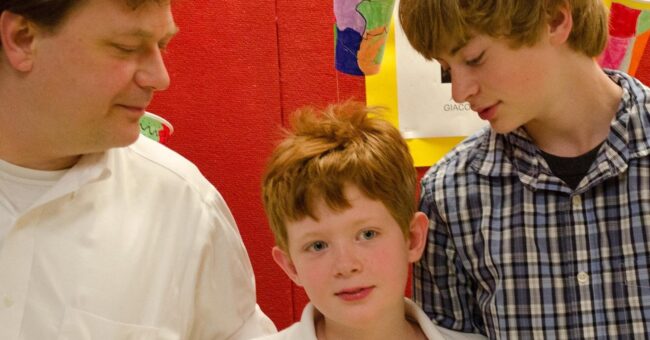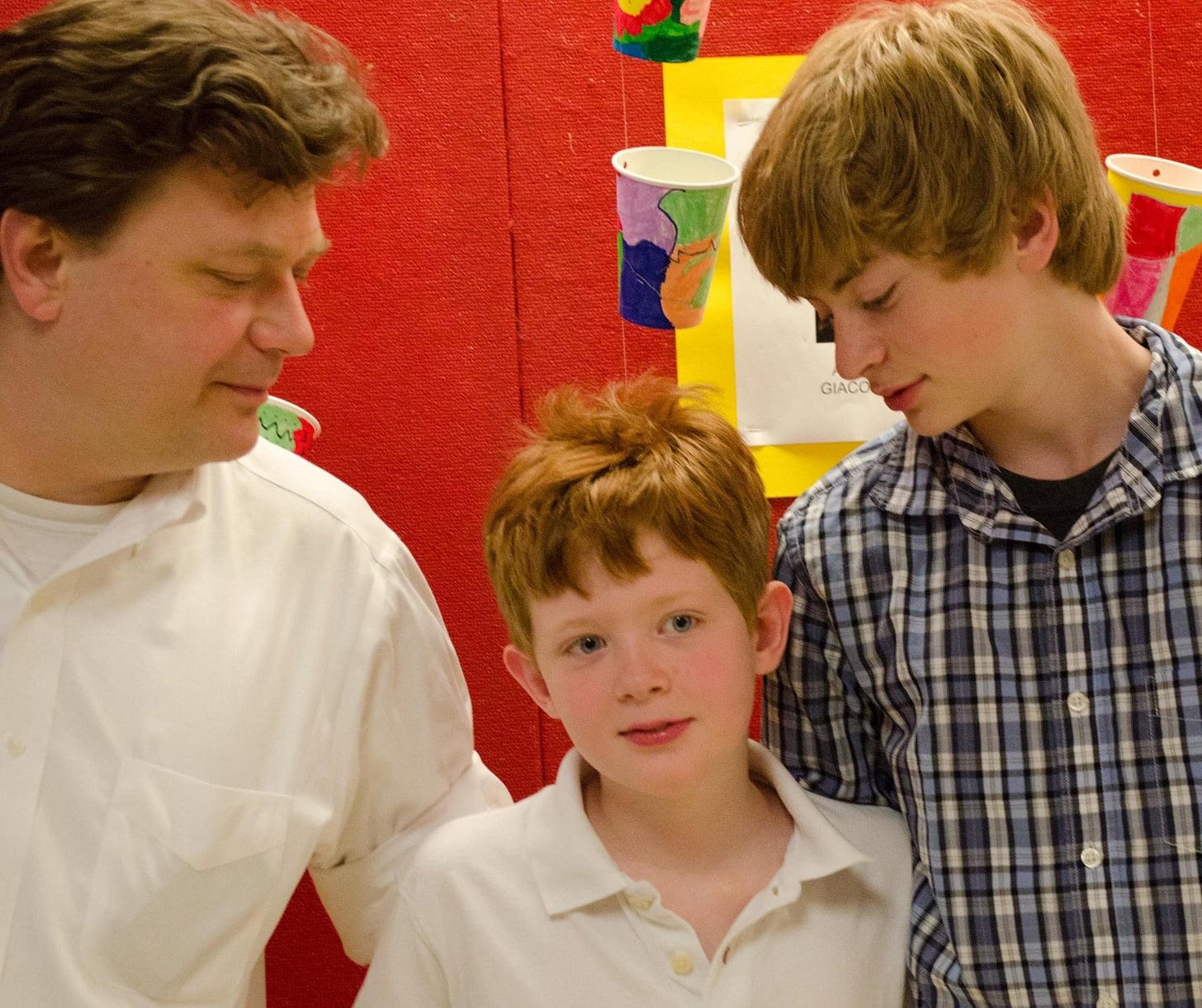
I spend a lot of time talking to parents of little kids with autism these days. I tell them what autism means, what kinds of therapy to get, where to get it, and how to pay for it. I hold their hands as they cross the line from normal parenting to autism parenting. They often cry.
Getting an autism diagnosis is scary and upsetting. Everybody knows that autism isn’t good news. Every parent has dreams that their child will be a senator or the CEO of a big corporation. They expect to play with grandchildren and be supported by their children as they age. Autism wipes out those futures. It’s not that the future won’t be great, but it probably won’t be anything like those initial dreams.
Parenting a child with autism is in some ways similar to regular parenting — you read to the child, talk with them about their interests, take them to the park, and bring them to pre-school. But parenting an autistic child is all of those activities on steroids.
Talking with an autistic child isn’t just a nice thing to do. It’s essential. You have to fill their world with words all the time.
You also have to get them to engage in those conversations when they really, really don’t want to talk with you. They want to live in their brains and shut themselves off from everyone around them. So, you have to force them to leave their autistic worlds, where everything is safe and happy, and communicate with others who don’t understand. And you have to have those battles all day.
Then parents have to find others to fill in for them and keep doing those lessons, because nobody can talk all day. They need to find people who are more experienced than they are. Then have to find a way to pay for all of that help.
All that hard work pays off. Outcomes are better for children who get the most help. Now, hard work can’t turn every autistic child into an Ivy League student with friends and a job, but we celebrate all kinds of improvement.
I put a lot of hard work into my son with autism when he was a child. Looking back on it, I might have chosen some different kinds of therapy or maybe a different school, but I have no regrets about my overall level of effort. I worked as hard as I could, and I think my work benefited him.
At some point, Ian will reach the limits of his abilities. He’s almost finished his first semester away from home at his special college, but we’re not sure how far he can go after this. He may not be able to manage the higher-level English class. He may not be able to live independently. He may not have a job without autism support.
I guess we all hit the limits of our abilities. I will never be a supermodel or an opera singer. And that’s okay. I have had a pretty good life even without defined cheekbones and the ability to carry a tune.
Researchers evaluate the “outcomes” of people with autism on a scale from good to very poor. “Good” is defined as living independently with a job and friends. “Very poor” is defined as having no independence. Here’s an example of one of those studies.
I hate that typology. It’s a limited view of success. For me, a “good” outcome is a day full of activities, the freedom to make choices over the issues that matter to oneself, social activities of one’s choosing, and gainful employment. There are plenty of contented autistic people with more limited independence. For me, a “good” outcome is a happy adult.
If Ian has a job that involves tinkering with computers, one friend who will go to the movies with him, and an apartment nearby where he stays on his own for three days a week, that would be GREAT. He’ll achieve that outcome provided that the community supports him. The limitations don’t come from him; they come from the wider world.
As I chat with these new moms, I can’t tell them that they’ll adjust to the new definitions of a good life. There’s not enough time to explain that the pain will fade and they’ll adjust to new notions of normality. They’ll have to learn that their longest-term struggles won’t be breaking through the autism wall with their child, but their autism wall in their community.
More
I hope that everyone had a splendid Mother’s Day! Mine was perfect – some gardening, some pampering, some family.
You can catch me talking with Rebecca Resnik about colleges and autistic children on her podcast, Cultivating Excellence Podcast.
